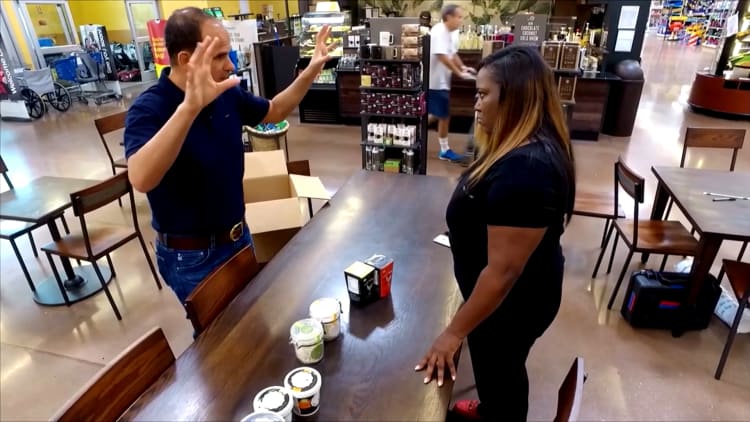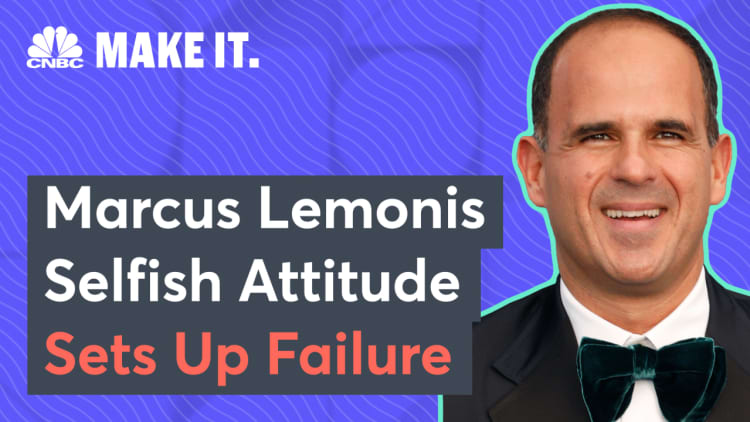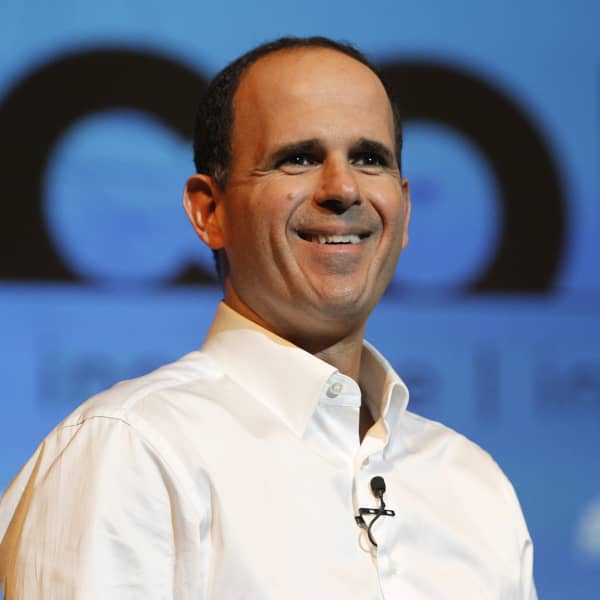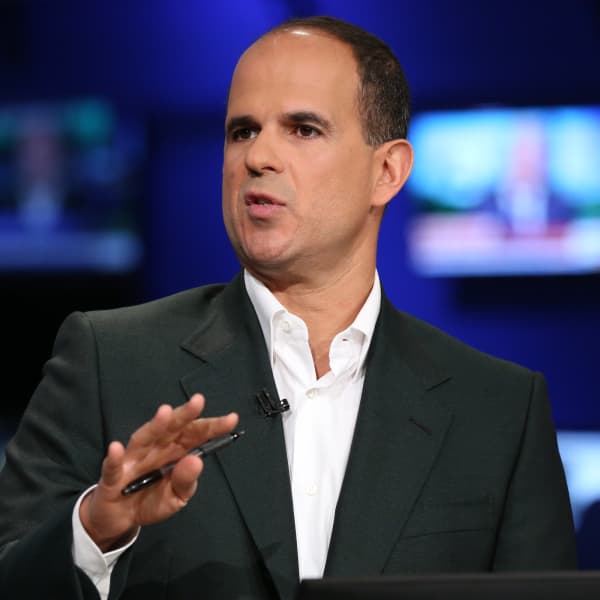One of Marcus Lemonis' top keys to business success is: "Don't disrespect your people."
It's a lesson the self-made millionaire and entrepreneur needs to impart when he faces off with a "selfish" CEO and founder on Tuesday's episode of "The Profit" on CNBC.
"'The Casery' is one of the most explosive episodes I've done in years," Lemonis tells CNBC Make It of the 3-year-old tech accessories start-up featured on the episode. "It was a case study for an employer disrespecting his employees-slash-partners."
In the episode, CEO Matthew Harlow "does whatever he pleases," Lemonis says — he's never bothered to learn the names of several of his employees and gives them unrealistic deadlines.
Harlow's behavior is leaving his partners and employees "completely demoralized," Lemonis says.
But he's even more disrespectful to his two co-owners: Harlow spent nearly $200,000 in company funds to cover his own personal expenditures, such as food and travel, co-owner and COO/CFO Skyler LeCroy tells Lemonis. That included roughly $27,000 for "coaching and training," like an expensive course on meditation for the CEO.
"Why would the business pay for that?" Lemonis asks.
"You do a lot of bulls--- training and courses," the company's third co-owner, creative director Charlotte Hennington, tells Harlow.
Thanks to Harlow's spending, as well as some investments in money-losing trade shows, the Los Angeles-based company says it brought in $1.79 million in revenue in 2017, but ultimately reported a loss of $93,000.
Even the company's structure favors Harlow. He owns 90 percent of the company, which he founded with $500,000 of his own money, while Hennington owns just 7 percent, despite the fact that she invested $250,000 of her own money and secured a low-interest, $350,000 loan from her father. LeCroy owns the remaining 3 percent stake because of his important role in overseeing the company's finances.
The result of the lopsided structure is that Harlow seems to have outsized control over the company compared with his two co-owners. Lemonis believe that Hennington and LeCroy deserve a bigger cut of The Casery for them to feel like they are respected.
"We need a leader that puts the company first and not himself," Hennington tells Harlow and Lemonis, while LeCroy calls the CEO "completely self-centered."
Harlow also displays "arrogance [and] ignorance," Lemonis tells CNBC Make It, adding that the CEO stubbornly refuses to listen to any outside opinions about the business.
When Lemonis suggests The Casery, which sells things like fashionable iPhone cases for women, tap into more of the nearly $100 billion market for mobile phone accessories by also making products for men, Harlow doesn't want to hear it.
"Marcus, that's not a good idea," Harlow says. Even one of The Casery's male employees speaks up and says he'd like to be able to buy a case from company.
"You like to speak like you know everything about everything, and that's the one thing that you have to change in working with me," Lemonis tells Harlow. The millionaire entrepreneur explains that Harlow needs to be more open to the opinions of his own partners and employees if he wants to run a successful business.
While Lemonis says he doesn't fault an entrepreneur for holding strong opinions or being hands-on with the business, "if the company is going to grow, you have to be able to hire people and respect what they're doing,"explains Lemonis. "Because, ultimately, what you're going to do is you're going to break morale. And, once morale breaks, particularly in the design department, there goes your creativity."
"If I can't teach [Harlow] to respect his people and his company, The Casery will fall apart," Lemonis says on "The Profit."
CNBC's "The Profit" airs Tuesdays at 10 p.m. ET.
Don't Miss: Marcus Lemonis: This one trait in a boss can destroy a business
Like this story? Subscribe to CNBC Make It on YouTube!






